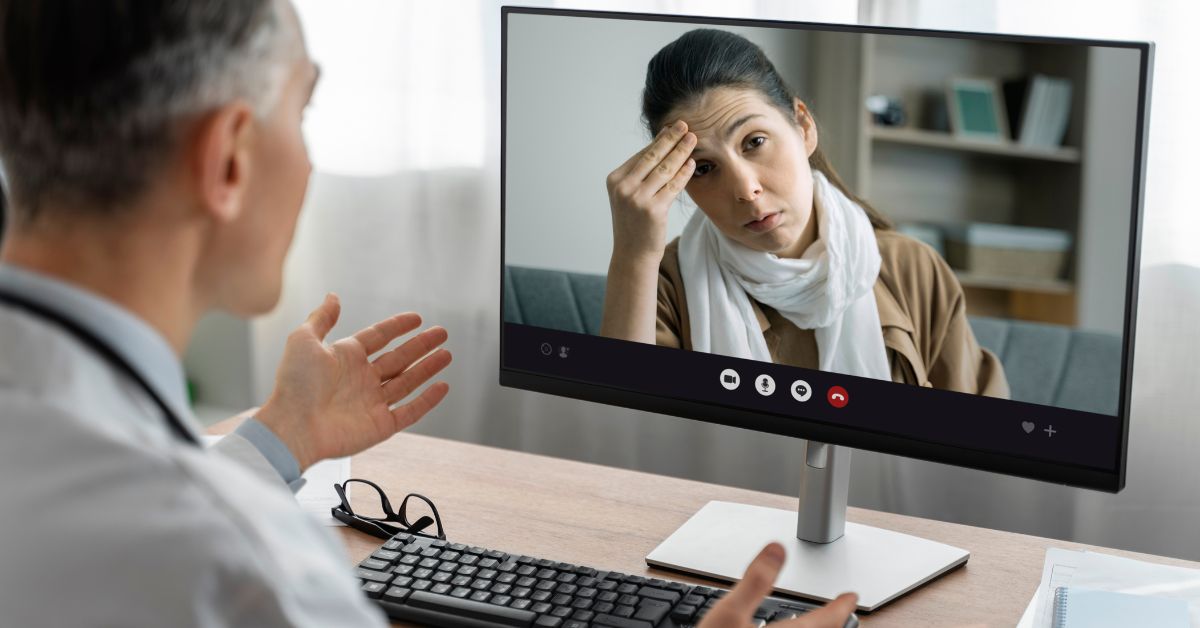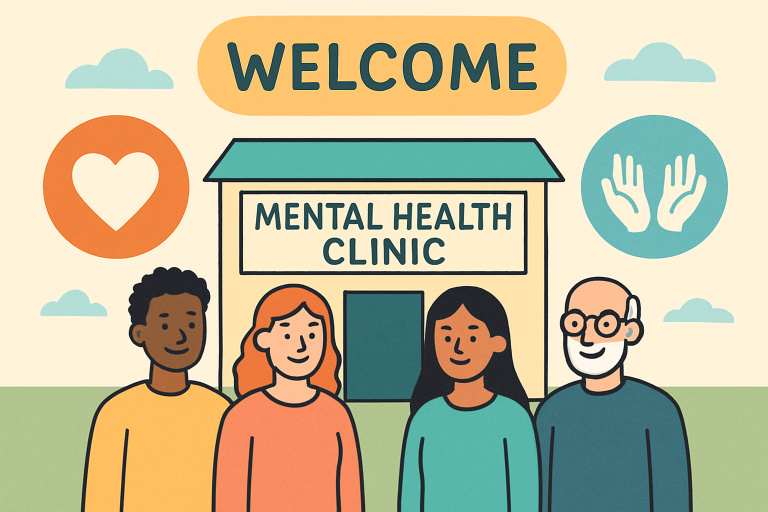Online Counselling Anxiety: Effective Strategies for Managing Stress Remotely

Anxiety affects millions and can disrupt daily life, but online counselling offers an accessible and effective way to manage symptoms. It connects individuals with licensed therapists through video or chat platforms, allowing for flexible, personalized support without the barriers of travel or scheduling conflicts.
Online counselling anxiety provides tools and strategies that help people understand their triggers, cope in the moment, and build resilience over time. This approach enables clients to work through persistent worry, panic attacks, or social anxiety while accessing care from the comfort of their home.
With options ranging from free emotional support chats to licensed therapy sessions, online counselling meets different needs and budgets. Its growing availability makes it a practical resource for those seeking mental health help in Canada and beyond.
Understanding Online Counselling for Anxiety
Online counselling for anxiety uses digital platforms to provide therapy tailored to individual needs. It employs evidence-based techniques, offering flexibility and accessibility, with specific therapies that address various forms of anxiety disorders.
How Online Therapy Addresses Anxiety
Online therapy often uses cognitive-behavioral therapy (CBT), mindfulness, and exposure techniques to reduce anxiety symptoms. Therapists guide clients through managing thoughts and behaviors that fuel anxiety in real time via video or chat.
This approach facilitates regular, consistent sessions without geographic restrictions. It also allows clients to apply therapeutic strategies immediately in their daily environments, increasing their effectiveness.
Therapists customize sessions based on symptom severity, triggers, and individual goals, focusing on measurable progress. Privacy and confidential communication are maintained within secure digital platforms.
Benefits of Virtual Counselling Sessions
Virtual counselling offers convenience by allowing sessions from any private location, eliminating travel time and scheduling barriers. This increases the likelihood of ongoing treatment adherence.
Many platforms provide flexible scheduling, including evenings and weekends, accommodating work and family commitments better than traditional therapy settings.
Online formats can reduce stigma; individuals may feel safer discussing anxiety in familiar environments. Written digital tools, such as chat logs or worksheets, support reflection and homework between sessions.
Licensed therapists use secure technology, ensuring confidential and regulated care comparable to in-person therapy. Some services offer immediate booking and no waitlists, increasing timely access to professional help.
Types of Anxiety Treated Online
Online counselling can effectively treat generalized anxiety disorder (GAD), panic disorder, social anxiety, and phobias. Therapists adapt interventions to the specific disorder characteristics.
For example:
- GAD: Focus on cognitive restructuring and relaxation techniques
- Panic disorder: Exposure and breathing exercises to manage attacks
- Social anxiety: Role-playing and gradual exposure to social situations
More complex cases, including co-occurring conditions, are assessed carefully, often integrating multidisciplinary support. This versatility makes online therapy suitable for a broad range of anxiety-related issues.
Choosing the Right Online Counselling for Anxiety
Selecting an online counselling service involves assessing therapist qualifications, understanding privacy safeguards, and weighing the benefits and limitations compared to in-person therapy. These key factors help ensure the therapy suits the individual’s needs and provides effective support.
Criteria for Selecting a Qualified Therapist
A qualified therapist should hold current licensure in their field, such as psychology, counseling, or social work. Credentials mean they meet professional standards and have proper training in anxiety treatment.
Experience specifically with anxiety disorders is important. Therapists skilled in evidence-based approaches like cognitive-behavioral therapy (CBT) or exposure therapy can offer targeted methods for anxiety relief.
Look for reviews or recommendations and verify that the platform requires therapists to maintain continuing education. Clear communication style and availability are important practical considerations.
Privacy and Security Considerationsapy
Online therapy offers convenience and access from any location, which helps those with mobility issues or limited local options. It often provides greater scheduling flexibility.
However, in-person therapy allows for more nuanced communication through body language and can build rapport differently. Some clients may prefer the structured environment of a therapist’s office.
Effectiveness can be similar if the therapist uses an appropriate approach. Personal preference, technological comfort, and specific anxiety symptoms influence which mode works best.






